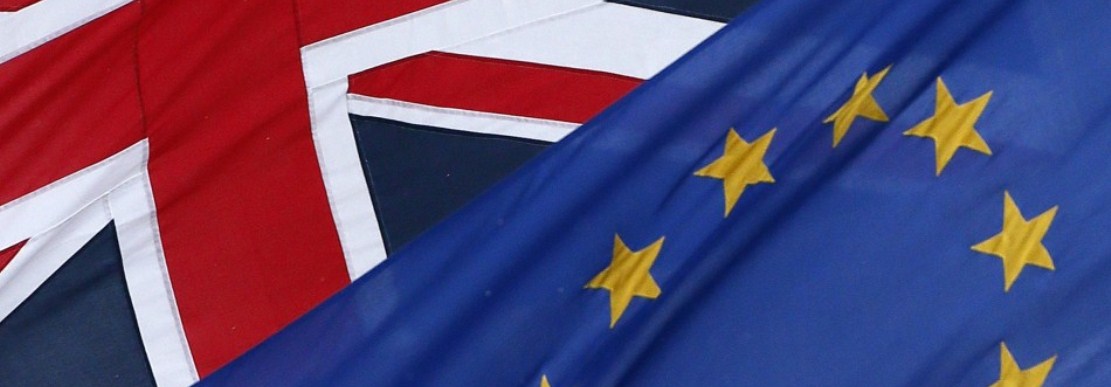By James F. Downes, Lecturer in Comparative Politics at The Chinese University of Hong Kong & Research Fellow at the Global Europe Centre; Matthew Loveless, Associate Professor at the University of Bologna and Andrew Lam, Associate Lecturer at The Open University of Hong Kong
The Immigration Issue
The European Refugee crisis, which began in 2015, has provided significant challenges for political parties across Europe and for the governance of the European Union (EU). In 2015, over one million migrants and refugees arrived into Europe. This wave continued into 2016, with a substantial reduction in 2017 and 2018 taking place. The peak number of refugees entering the EU in 2015 is often referred to as the European Refugee crisis.
As a result of the Refugee crisis, the importance of immigration as a political issue has remained high on the list of issues the public say is important to them. This has created electoral opportunities for far-right parties across Europe to lay claim to the immigration issue and capture disaffected voters.
This crucial electoral period has provided challenges for traditional centre left (Social Democratic) and centre right parties (Conservative) to update their party strategies across Europe. Though far-right parties are often seen as ‘owning’ the immigration issue from other political parties, our recent paper published in JCMS shows that this is not the case.
We tested our theory of strategic positioning using data on party competition in national parliamentary elections across 28 EU member states during the Refugee crisis (2015–2018). We found that centre right parties that adopted more anti-immigrant positions can increase their electoral success at the ballot box.
Most significantly, we found that this such a strategy benefits centre right parties more than it does for far-right parties during the European Refugee crisis period. We refer to this political phenomenon as ‘strategic positioning.’ We also find that centre left parties do not benefit at the ballot box from adopting more anti-immigrant positions.
The Refugee Crisis: Strategic Positioning
To illustrate the electoral success of centre right parties on the immigration issue during the Refugee crisis, we examined the cases of Austria and the Netherlands in Western Europe.
Western Europe
In Austria’s General Election in 2017, the centre right Austrian People’s Party (ÖVP) adopted more anti-immigrant positions. This helped the ÖVP to increase their electoral success and to form a coalition government with the far-right Freedom Party of Austria (FPÖ) after the elections.
In the Dutch General Election in 2017, we found a more complex pattern. Though the governing centre right People’s Party for Freedom and Democracy (VVD) adopted more anti-immigration positions, the party’s vote share decreased and the far-right right party for Freedom (PVV) under Geert Wilders made electoral gains.
Although the VVD performed electorally worse, they still managed to form a coalition government after the election. Adopting ‘tougher’ positions on immigration is likely to have reduced further electoral losses to the far-right PVV. By adopting more restrictive positions on immigration, the centre right in both countries has been able to alleviate the electoral threat that the far-right poses.
Central-Eastern Europe
We also identified an additional pattern in our analysis (‘a mainstreaming effect’) that has important implications for the future of liberal democracy across Europe. The ‘former’ traditional centre right Conservative Fidesz Party has now become a fully-fledged far-right party, with their focus on anti-immigrant positions.
This same ideological transformation can also be seen recently in Poland, with the Law and Justice (PiS) Party. This pattern paints a more negative picture for the future of European politics, particularly in the context of Central–Eastern Europe and the rightwards shift of a number of political parties.
Why do Centre Right Parties perform better?
Why have centre right parties often adopted hard-line positions on immigration? Scholars have noted that centre right parties are often ideologically ‘pragmatic’, governing parties that generally pursue electoral strategies to maintain and consolidate their political power.
The answer may be simple. The rationale for centre right parties is one of political survival. Such ‘strategic positioning’ may ensure that the centre right can remain in power as a governing party despite the opportunity during the Refugee crisis for challenger parties from the far-right to increase their electoral success.
For the duration of the Refugee crisis, a number of centre right parties across Europe have arguably been electorally resilient by adopting anti-immigrant positions to outmanoeuvre the far-right on this issue.
However, by shifting further right on immigration, centre right parties may have opened up a ‘Pandora’s box’ and brought the ideology of the far-right into the political mainstream. We argue that this strategy is a double-edged sword for centre right parties. This strategy may benefit the centre right in the short-term but may aid the far-right more in the long-term. This has worrying implications for the future of liberal democracy across Europe.
This blog post draws on the JCMS article, “The Looming Refugee Crisis in the EU: Right-Wing Party Competition and Strategic Positioning”. An earlier version of this blog post was published on the JCMS blog.
Blog posts express the opinion of the author and do not necessarily reflect the view of the Global Europe Centre or its affiliates.

